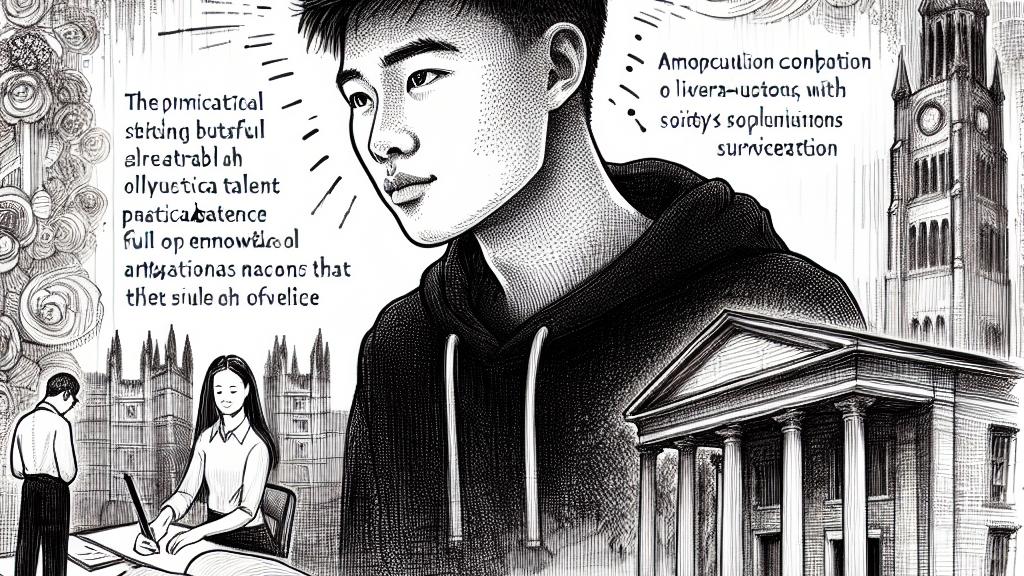The Importance of F-Rank Universities
Overview
- F-rank universities serve as crucial gateways to education for diverse learners.
- They enhance essential skills often neglected in traditional high school settings.
- Despite ongoing criticism, these institutions play a vital role in fostering a more inclusive society.

Understanding F-Rank Universities in Japan
In contemporary Japan, F-rank universities ignite considerable debate and discussion. Often labeled as institutions for those not thriving in conventional academic pursuits, they provide vital opportunities for countless students. Imagine a young adult, full of practical talent yet overwhelmed by the rigors of traditional exams. For these individuals, F-rank universities shine as a beacon of hope, allowing them to pursue their educational dreams. Critics often demand the elimination of these schools; however, recognizing their fundamental role is key. These institutions are not merely educational establishments; they are essential pathways for eager learners, helping to embrace a broader range of student needs in our increasingly diverse society.
Educational Quality and Resources
In the environment of F-rank universities, the educational experience takes a markedly different shape. Here, smaller class sizes foster personalized attention that profoundly impacts learning outcomes. Picture a dynamic creative writing class where the instructor not only delivers lessons but actively engages each student, providing tailored feedback on their work. Such interactions cultivate both academic prowess and self-confidence. Moreover, the intimate classroom atmosphere encourages collaboration and camaraderie among peers. For instance, a student who initially struggles with written expression may blossom, transforming into a confident communicator through targeted guidance. This engagement dramatically enhances their skills, showing that with dedication and support, significant progress is indeed achievable.
Social Significance of F-Rank Universities
Moreover, the societal contributions of F-rank universities are profound. They actively promote inclusivity by welcoming students from diverse backgrounds, ensuring access to higher education for all. Consider a student hailing from a rural area where educational resources are scarce; a graduate from an F-rank university may go on to make sizeable contributions in fields ranging from social work to the arts. This demonstrates how these institutions not only empower individuals but also uplift communities. They play a transformative role, breaking down barriers and promoting equity by creating opportunities for those often sidelined by mainstream educational systems. Therefore, instead of dismissing F-rank universities, we should celebrate their invaluable contributions, recognizing them as important players in nurturing a well-rounded, diverse, and competent populace.

Loading...